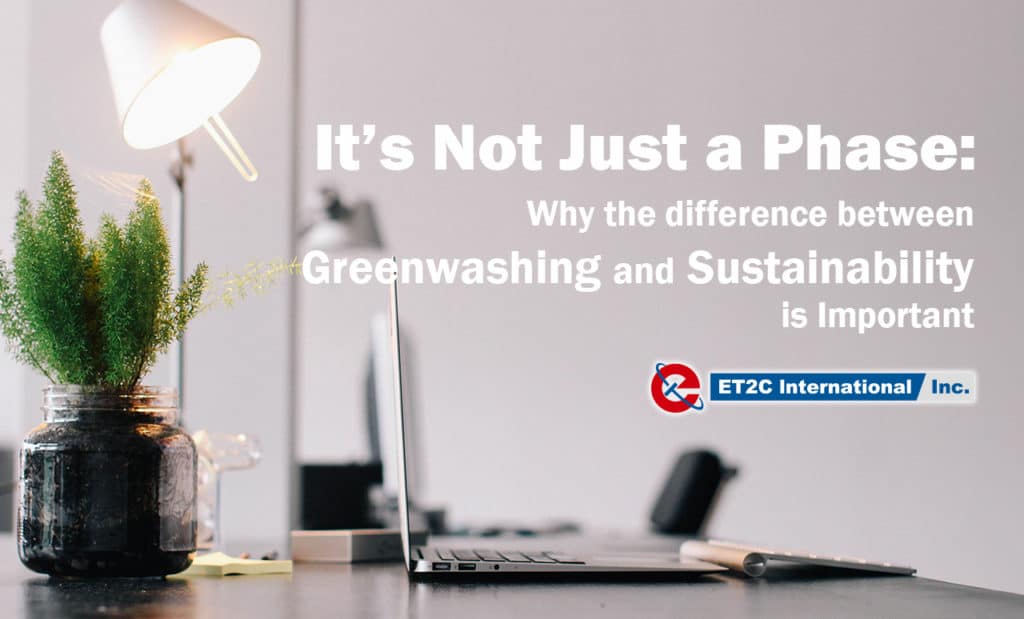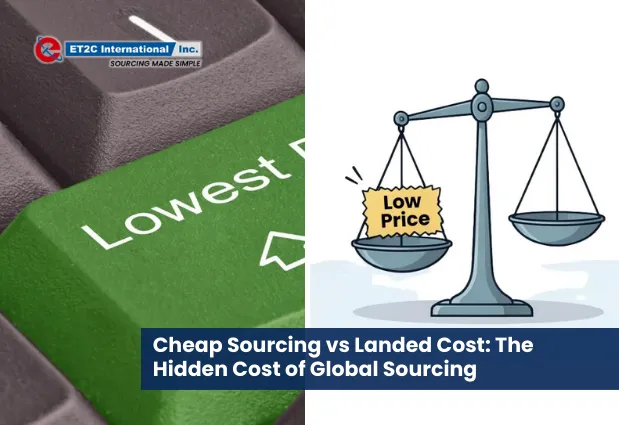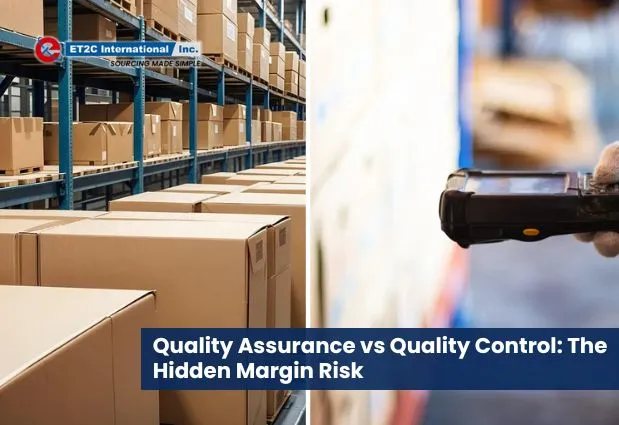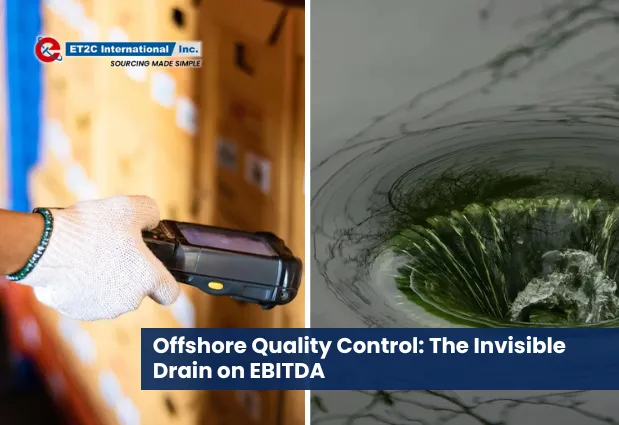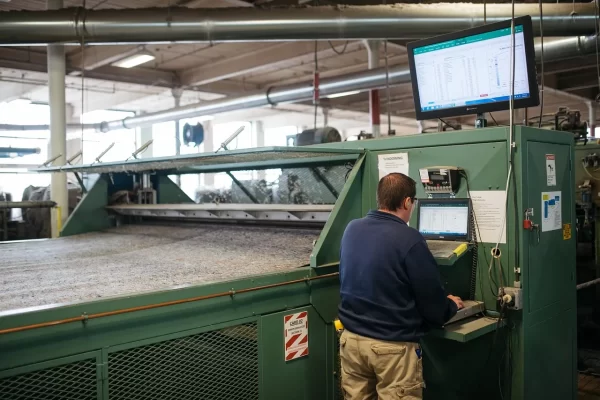Hip… tubular… fly… slammin’… At one point, these words were a mark of being one with the times; status symbols displaying social aptitude. However, over the years and through thousands of uses, these worn words are more likely to prompt an eye-roll than a positive response. Today, Could the same be said for the word “sustainable?” How about “green?” Perhaps even “environmentally-friendly?”
If you have ever felt overwhelmed or exhausted walking through any grocery store as labels and signs proudly boast the words “all natural ingredients” accompanied by pictures of bucolic landscapes with welcoming farmers smiling with their products in the foreground, you may be experiencing what is known as Green Fatigue.
Green fatigue, as defined by the website EcoWho, “becoming tired with some of the constant messages of corporate green credentials and tales of impending global doom” (EcoWho, 2018). In today’s world, it’s easy to feel a bit of green fatigue. Nobody likes being told the world may be ending or that the food they’ve been eating all their lives comes from some nightmare-inducing industrial plant. This may cause some to look away from the promises of sustainable practices. The word gets used so often, how is the average consumer supposed to know what it means or if the company is really helping the environment?

What Happened to the Word “Sustainable?”
A lot of things happened to the word “sustainable”. While environmental friendliness picked up steam as a widespread social movement in the 1960s counterculture era, words like sustainability didn’t start popping up so much in business rhetoric until the 1970s. In the 70s, various companies capitalized on the fresh environmental policies in the US at the time, such as the National Environmental Policy Act of 1970, the Clean Water Act, and the Endangered Species Act, in order to gain favor in the eyes of the public and government.
Sustainability in Politics
However, it wasn’t long till the word sustainable began to become politicized. Politicization of science is nothing new in the United States, so once green policies became popular among democratic politicians, the opposite side of the political spectrum became skeptical about the legitimacy of the evidence used to back up these policies. A report by political scientist, David Karol, states that:
“Endorsements and campaign contributions from environmental groups now overwhelmingly go to Democratic candidates, while economic sectors frequently at odds with environmentalists, including fossil fuel producers and much of agribusiness, increasingly support Republicans. Divisions between Republican and Democratic voters on the environment, while not as great as among political elites, have grown as well” (Karol, 2018).
The result of this growing divide has seen more eye-rolling at the word “Sustainable” by those who fall on the conservative side of American politics. Right-wing news sources are often quick to decry companies promising more sustainable practices or environmentalist policies passed by the government as part of an agenda to weaken other businesses or increase taxes. Hence, these sentiments have radiated out from this community, influencing the minds of many to doubt the credibility of the word “sustainable.”
Sustainability Becoming Greenwashing in Marketing
Most people in business are familiar with the term whitewashing, which is used in reference to an entity covering up certain vices by utilizing biased investigation techniques or data. However, not as many are familiar with the term greenwashing, but they definitely have experienced it in one way or another.
So what exactly is this…Greenwashing? Business News Daily defines greenwashing as, “when a company or organization spends more time and money claiming to be “green” through advertising and marketing than actually implementing business practices that minimize environmental impact.” The article continues to mention that this is rarely caused by evil intentions but usually occurs by overexcited marketers who desperately want to sell to the rising number of environmentally conscious consumers (Edwards, 2018). And the numbers provide a good reason for enthusiasm:
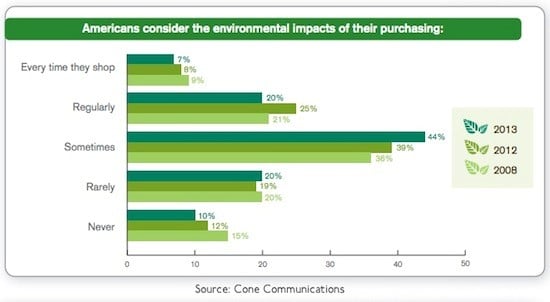
However, there are also good reasons for nervousness when it comes to buying products that claim to be sustainable, even if one does support the concept. For instance, in 1991, DuPont, a chemical company, used an ad portraying animals rejoicing as the company showed off its new sustainable double-hulled oil tankers. Consumers who viewed the ad had their visions of a green DuPont dashed in front of them when it was discovered that the company was the largest polluter in the US that year.
So does this mean we should give up on companies that promise to be eco-friendly? Not at all. Like in most things, the bad minority of news tends to reach us before the good majority. For the most part, businesses that promise sustainability are making a difference.
A cliché, but a Good Cliché
Still, the word sustainable draws a lot of confusion. Are there any requirements for a company to call itself sustainable? What are the motivations to actually become sustainable? Is it all just a bunch of corporate jargon or are there results to back up these claims? These are all valid questions that any consumer doing their due diligence should be asking themselves. Nonetheless, most of these smart shoppers would be happy to report that, for the most part, there are hopeful answers.
Guidelines Exist for Responsible Marketing
For starters, there are many strategies companies can follow when becoming sustainable. One of these procedures was released by the U.S. Federal Trade Commission, which offers voluntary guidelines for green marketing claims including processes like “qualifications and disclosures should be clear, prominent and understandable,” “not [to] overstate, directly or by implication, an environmental attribute or benefit, “ and “to avoid consumer confusion about the comparisons” (Investopedia, 2018).
While these tips are voluntary, following these guidelines is great for risk management when marketing sustainability. Marketing responsibly, a company can avoid lawsuits, community outrage, or a multitude of other problems that could arise from greenwashing.
Interestingly, there is growing evidence that for a company to market ‘sustainability’, it needs to be an integral, innate part of the company’s strategy. It needs to resonate with the organization to the extent that all the stakeholders engage within the initiatives. The modern consumer has to believe that it is a genuinely held and executed mantra within the organization for it to have an impact on the brand/product resonance.
Sustainability Helps Companies Grow
The data-collection company GlobeScan points out that, “continuing the trend of the last few years, most high-ranked companies are consumer-facing brands” This means that more now than ever before, companies really do care what their consumers think about them.
The increased transparency of markets and increased access to information has boosted the practice of sustainable standards. Realizing this is companies such as Unilever, Ikea, and Patagonia, that follow through on their sustainable values which retain and capture audiences through their reputation as global leaders of sustainability (GlobeScan, 2018). This should send a clear message to marketers that the best way of selling the idea of sustainability is through actual implementation. This correlates with GlobeScan’s survey data which displays a majority of marketing experts agreeing that “Integrated sustainability values are the best way for a company to become known as a sustainable leader” (GlobeScan, 2018).
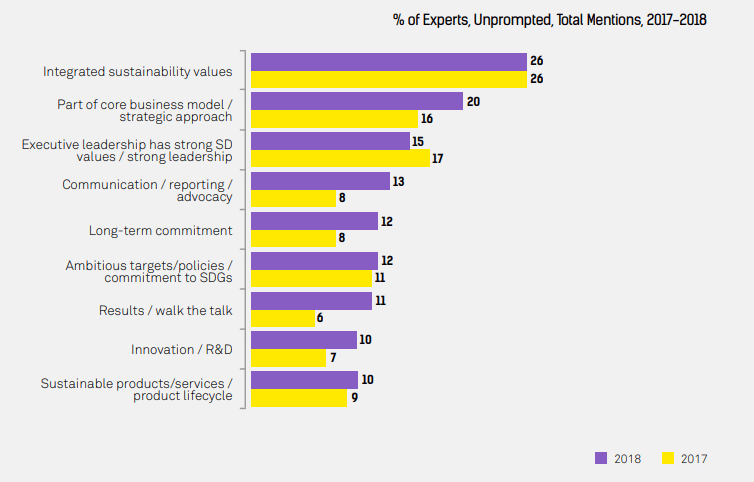
Even so, the benefits of sustainability can help companies in more departments than just marketing. An article from McKinsley and Company presents executives of various and diverse industries sharing the benefits sustainable practices have offered to them, such as risk management, systematic management of value chains, and returns on capital through decreasing operational costs through better resource management (Bonini, 2011). So whether companies are trying to market to certain demographics or not, walking the walk for sustainability still offers many benefits for both big and small enterprises. Philip Kotler recently suggested, at Sustainable Brands 2018 – Madrid, that companies that ‘do good’ do better financially, even if there is an initial cost’. It can actually make the company more profitable.
Walking the Walk in Sustainability
So, has sustainability become a buzzword? Unfortunately, there is no denying that it has. Politicians and marketers have sucked a lot of the meaning out of the standalone expression. However, this could be for the better. It is displaying to companies that they need to go the extra mile to win over the increasing number of environmentally-conscious consumers.
Consumers are getting more detail-oriented when it comes to buying “green products,” which may come off as a chore for companies to cater towards. Evidence shows otherwise though. For instance, Walmart, number one on the Fortune 500, has saved $12 billion in global supply chain savings in 2011 through a packaging “scorecard” that lowered packaging costs throughout the company’s global supply chain by 5 percent from 2006 levels (Bonini, 2011). Walmart displays what walking the walk in sustainability can do for your company, especially in the way of supply chains.
AT ET2C, we’re serious about sustainability and it’s benefit to our existence as well as the ultimate commercial benefits for purpose driven companies. We are therefore looking into different aspects of sustainability within the supply chain and what it may mean to some of our clients. If you want to talk to us about your own sustainability objectives and how to implement them, contact us.

